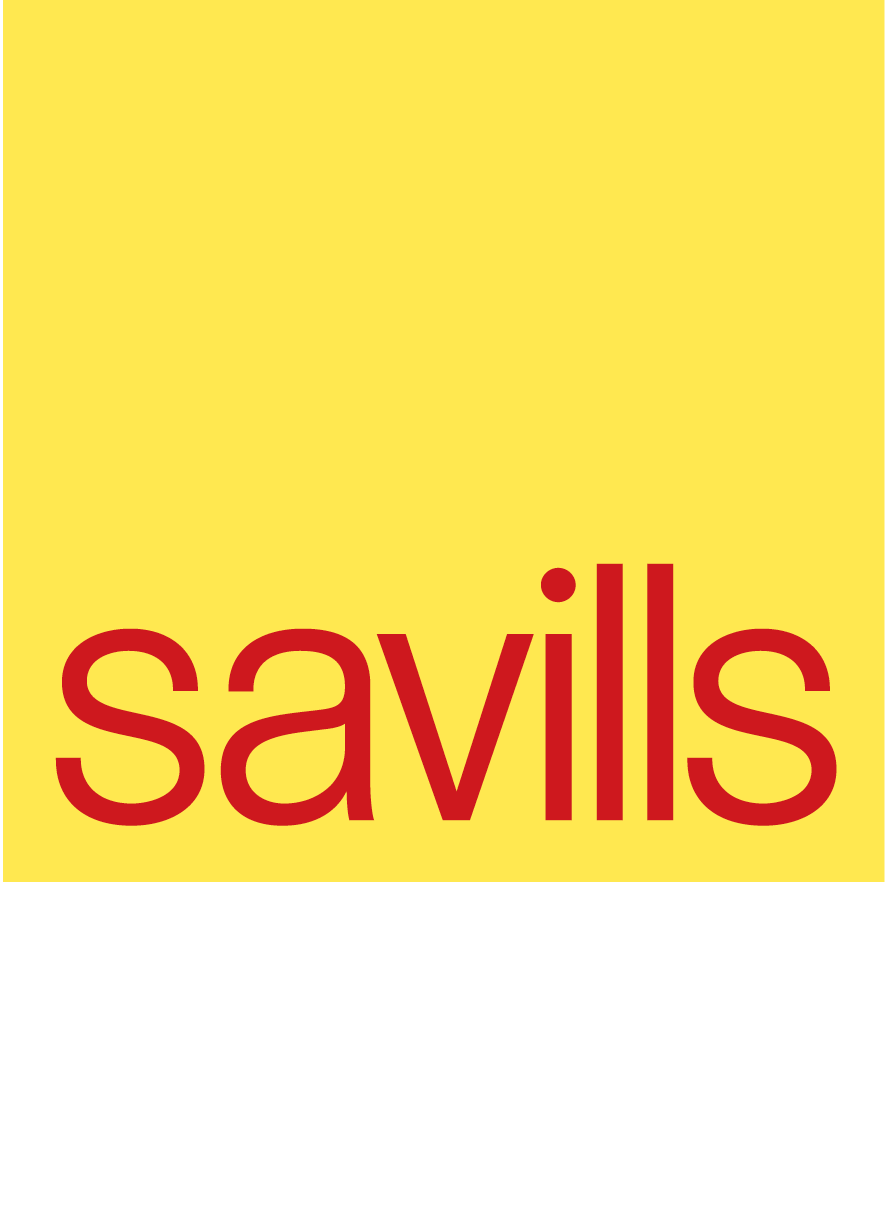The commercial and industrial real estate sector in South Africa has had its ups and downs in the last several decades. The one benefit to South Africa's unpredictable economic landscape is the high returns experienced for most the overseas investors. While we are still viewed as a third-world African country, most foreign investors, specifically those that have been here, have seen the potential and quality of the industry as well as tenants, giving them more comfort in putting their money into the country when weighing up the risks versus reward. However, the pandemic and the recent riots in Durban have left these investors feeling nervous.
When an industry becomes recognised as a place of great opportunity, it can also further stabilise and create a steadier flow of interest, and perhaps it is at this point that one could say it has come of age. While we are getting there, the constant political instability and other setbacks are causing this process to stagnate leaving our economic health in a vulnerable position. So how does one survive the ups and downs?
Strategies that set you apart
Knowing the market, planning for the worst and the impossible, and diversifying are some of the strategies we've adopted since launching Swindon 15 years ago. 2006 began to show the early signs of a property boom, which did hit in 2007 - 2008. The market was full of big and impersonal brands and as an individual with strong connections in the Cape Town industry, I felt that I could bring a new level of client service and different company culture that would set us apart. But it wasn't easy, websites like Property24 didn't exist so we had to do a lot of cold calling and our signage helped to generate revenue. With just two brokers and one desk between us, we had no idea that in a mere two years, a collapse in housing prices in the USA would signal one of the world's worst financial crashes in 80 years. It was an interesting time to be operating in the property market and there was no escaping its volatility. International interest rates, inflation and CPI rates always play a role in property, but where there is volatility, it creates activity, and activity results in trade.
Redefining business models
Having survived and thrived during this time made us strong and well prepared for the crisis of 2020. Our business model is such that most staff work in a commissioned based environment, and we also try to keep our overheads low. We made it our mission to understand cash flow management and to keep a close eye on our operational costs, relying on word of mouth and increased client service levels to boost revenue, rather than spend on advertising. You need to be ready for anything and then be able to act quickly.
Diversification
This is a strategy we learnt early on. It has allowed us to boost our brand image and company profitability. More than this it has allowed us to give clients an all-encompassing property service which in turn helps to mitigate risks in the event of an industry downturn as we've seen over the years. It can help a company protect itself from competitors and provide surplus cash flow in a slow-growing market, much like we find ourselves in now. In 15 years, we've launched a valuations division, a property management division, advisory services, and an auction platform. In February 2020 we also became the commercial affiliate of Savills Inc which has furthered our reach into Sub-Saharan Africa where in a short time we have seen and taken advantage of this growing market.
Recognise opportunity in crisis
Recognising opportunity in a crisis is what allows a company to remain at the forefront, no matter the surrounding noise. A great example of this was the launching of our online auction platform which was our solution to the pandemic. We realised the need for trade to continue within a world where interaction had changed. This platform was launched in June 2020, a mere four months into the pandemic with the first auction taking place in November 2020, which saw great success.
Disrupting the market
The property market is an ever-fluctuating being, one that technology has disrupted and continues to disrupt regularly. In the industrial sector the old models of onsite manufacture and distribution are making way for specialized separation between the two, thereby increasing companies' bottom lines and streamlining businesses.
In the office space we have had the surge in shared office space, a model which is still finding its feet, rather slowly right now because of Covid. The idea of companies recreating and thinking how they work will be a lengthy process which will take a few years to settle and find the solution that works best.
Retail has also seen a large move from on-street to on-line with the result of smaller compact shops, dark kitchens, and convenience retail centres versus large malls. Many of these disruptions are in their infancy, especially with South Africa only really learning about how to engage with the online world. I feel any market that says they have come of age in a time when the world has seen the quickest change in circumstances and unbundling of normal practice would be lying.



